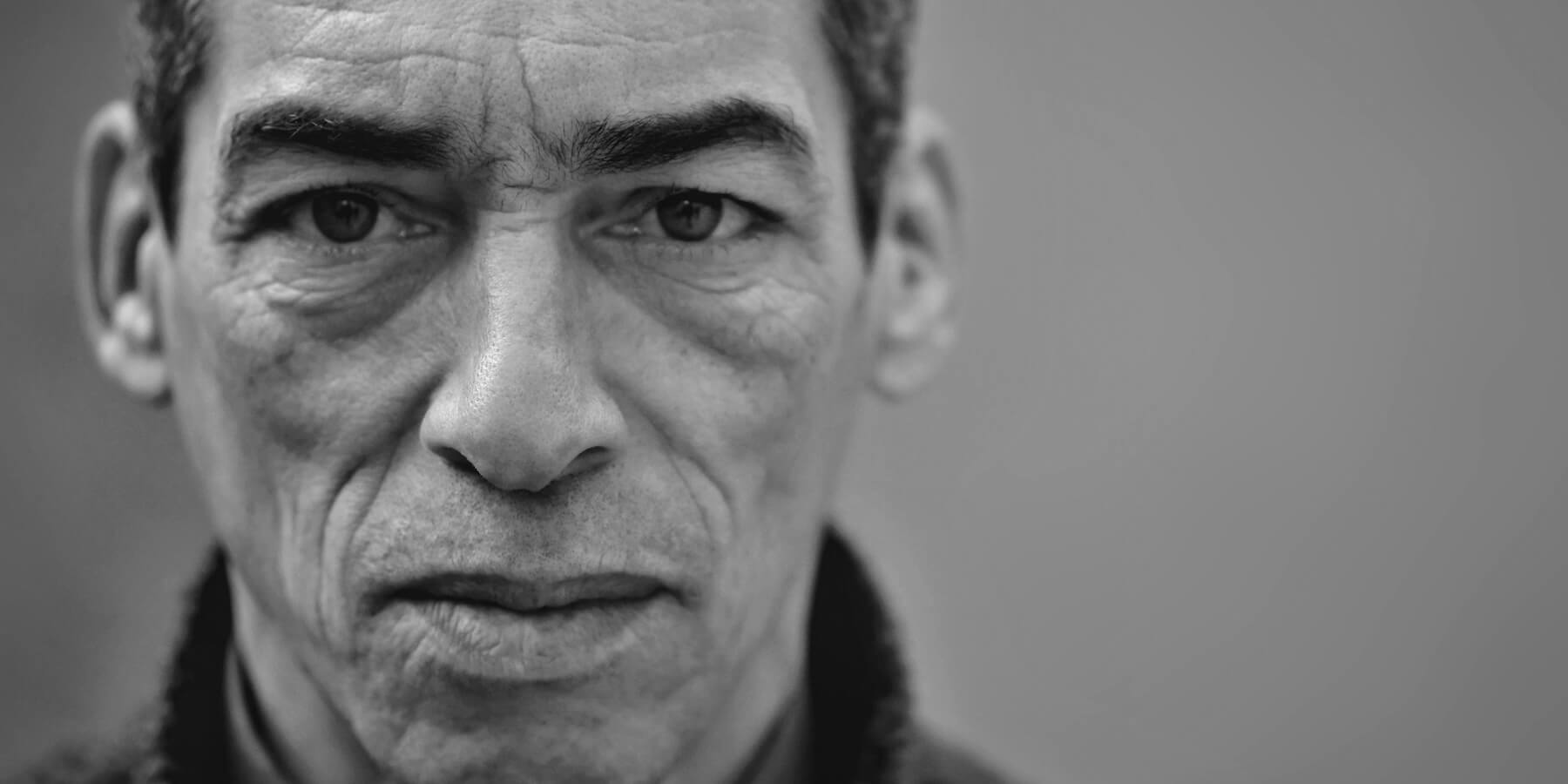Recently, a company I consult for asked me to help them design a process for assessing the self-awareness of potential hires during interviews.
Here’s what they said:
We frequently hire and then get stuck with people who came across as smart and/or charming in the interview but then turned out to have major gaps in self-awareness that make them extremely difficult to work with. This is an especially big problem with senior leaders and executives since we’re investing so much in them and they have an outsized impact on the company—including the company culture.
Interestingly, this mirrors something I heard all the time in my days as a therapist when people had trouble in their romantic relationships and would frequently say something like:
I keep getting burned in my relationships. Early on they seem really charming and smart. But then it turns out they have these major blind spots and insecurities that make them almost impossible to live with. I wish I could have seen this stuff earlier.
From business to romance and everything in between, a person’s level of self-awareness is critical for their ability to function well with others. Which means your ability to quickly and accurately assess someone’s level of self-awareness is vital if you are going to work with them in any significant capacity. And while there’s certainly no fool-proof way to assess self-awareness, you’d be surprised by how far you can get with a few strategic questions.
Here are a handful of my favorite interview questions for assessing someone’s self-awareness along with some brief notes.
What type of person do you have an especially hard time working with?
Superficially this question seems like it’s about other people. But it’s the second half of the question that does the work. Specifically, do they spend all their time talking about what makes other people difficult to work with, or do they bring themselves into the equation and talk in a relatively neutral way about why they struggle with certain types of people.
Also, despite the question framing things in terms of “types,” see if they can avoid talking in generalities and instead be specific about behaviors and qualities that make people difficult to work with.
For example: Some people tend to shut down and stop communicating when they feel threatened. Because I’m a very verbal person and like to work through difficulties conversationally, I find it really hard to work with people who struggle to communicate verbally when they’re upset.
If your self-talk had a personality, how would you describe it?
This question gets at metacognition or how comfortable and experienced someone is thinking about their thinking. If they struggle with this question, they may have a lot of mental habits influencing their mood and behaviors that they’re unaware of and therefore have a hard time modulating.
The other thing to watch out for here is how neutral vs judgmental they are with themselves. Ideally, you want someone who pairs nuanced self-awareness with self-compassion. Because no matter how self-aware someone is, if they’re also intensely self-critical and insecure, they’re likely to be difficult to work with long-term.
What are the early warning signs that you’re getting stressed?
Stress management is overrated. What’s much more important is a person’s ability to prevent their stress from reaching overwhelming levels in the first place. But to do so requires the ability and willingness to notice subtle but significant changes in stress levels and to respect those instead of ignoring them.
Many high-achievers in particular struggle with this because they’ve built their identities around ignoring or suppressing discomfort in service of their goals. This question gives you a window into how much insight and comfort someone has about how they experience and navigate stress.
What do other people find annoying or difficult about you?
This question is useful because it gets at self-awareness but also other-awareness or theory of mind: how well can they infer how other people are perceiving their weaknesses and shortcomings?
As usual, you’re looking for nuanced, thought-through answers that indicate this is something the person has clearly done some serious self-reflection about.
If someone can’t give a thoughtful answer to why they might be hard to work with, you probably don’t want to be working with them.
When are you most creative?
With this question, you’re looking for nuance and sophistication in the way someone thinks about how a trait or skill like creativity interacts with environmental factors.
For example: I’m really creative as a musician doesn’t tell me much about how their creativity depends on or is influenced by their environment. On the other hand, a more interesting response would be: I tend to be most creative right after meaningful conversations… I don’t necessarily want to be creative with other people, but something about interacting with interesting people loosens up my creativity muscles and helps me go off and be more creative on my own immediately afterward.
Keep in mind that the question doesn’t have to be specifically about creativity—you could substitute ambition, compassion, courage, or really any other meaningful trait or skill.
Which of your strengths is most likely to get you in trouble?
Pay attention to how vulnerable and honest they’re willing to be. It’s easy to list off several “weaknesses”—sometimes my work ethic makes me seem cold or I’m honest to a fault—but someone with high levels of self-awareness is going to understand that an especially good answer to this question would involve sharing something uncomfortable without oversharing.
For example, a more vulnerable answer might be: I’m very disciplined and hardworking, but sometimes I over-rely on hard work because I’m afraid to take more creative risks. So while it never gets me into obvious trouble, I think there’s a real risk for my overall development in using hard work as an excuse to avoid doing scarier creative work.
When are you most likely to lie?
This question works on a couple levels.
- First, it gives you a window into how self-aware someone is about difficult or uncomfortable parts of themselves. It’s relatively easy to be self-aware about the good stuff, but our natural defense mechanisms resist this deeper level of self-awareness.
- Second, the fact that this question makes people uncomfortable is a big part of why it’s useful: can they reflect honestly on their shortcomings under pressure specifically? One of the biggest problems with traditional interviewing (or dating) is that early on you rarely get to see how a person responds to stress—which tells you a lot about their character. So this question also serves as a way to inject some stress into an interview to see how they handle it.
Final Thoughts
Obviously, there are no right or wrong answers to these questions in terms of content or what they say. Instead, you want to look for depth, nuance, and appropriate levels of vulnerability in the way people answer the questions.
Overall, you’re looking for evidence that a person has a regular habit of being self-reflective and introspective—especially about things that are difficult or uncomfortable. Because while we all have our issues, it’s a lot easier to live and work with people who are aware of their issues, not in denial about them.
Additional Questions
I won’t give notes on these, but here are a few more questions I sometimes use to assess self-awareness:
- When a smart person does something dumb, what’s the most likely reason?
- Why is it important to be self-aware?
- For you, what are the most important qualities or traits in a coworker/spouse/friend?
- What habits or routines help you to self-reflect?
- What’s something meaningful you’ve changed your mind about recently?
- What are you most afraid of?
- What do you believe but have little evidence for?
- Tell me about someone you used to admire but no longer do?
- How do you know if someone lacks self-awareness?
- What brings you joy?
Learn More
Here are a few more resources from me that might be helpful:
- 3 Self-Awareness Exercises Everyone Should Try (Video)
- 10 Questions for Better Self-Awareness
- How to Clarify Your Values
Work with Me
If you’re interested in working with me directly, I have a small private coaching practice for 1:1 work.




